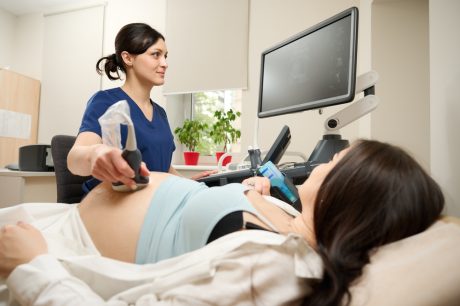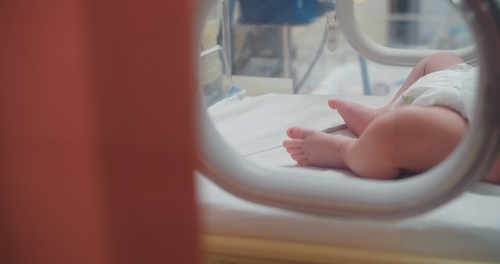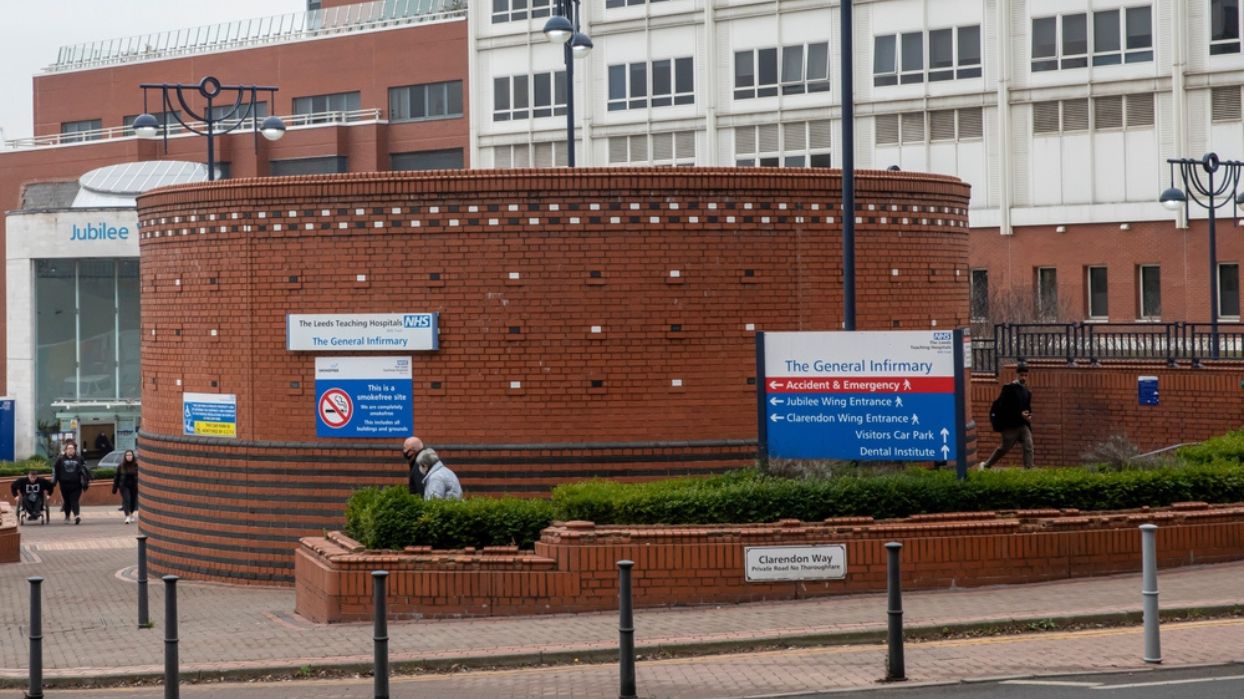There are over 200 private maternity scan clinics operating across the UK. Increasingly, parents are being drawn to these clinics, attracted by the shorter wait times, a wish for souvenir-style scans (such as 4D and gender) and well-being reassurances.
Amy Heath, Medical Negligence Partner at Stewarts, has spoken to national media outlets, including Sky News, BBC South East Evening News, BBC and The Metro, challenging the widespread misconception that private clinics offer a safer alternative to NHS care.
Amy explains, “we are seeing a growing number of cases where private maternity scans have failed to detect serious abnormalities, leaving families devastated. There is a dangerous misconception that private healthcare is safer or more thorough than NHS services. Families should be able to trust that they are receiving quality care, they deserve transparency and proper safeguards.”
Charlotte Tolley’s story
Amy is supporting Charlotte Tolley, a Stewarts client and mother of three from Surrey, in her campaign to warn parents not to rely solely on private maternity clinics for prenatal scans. Charlotte’s son was born with severe brain abnormalities that went undetected throughout her pregnancy by a private clinic, a devastating oversight that has driven her to raise awareness and push for greater accountability.
Following Lucas’s birth in 2020, Charlotte was concerned that Lucas was unwell and struggling to feed. Charlotte therefore took Lucas to hospital, where investigations were performed including an ultrasound of Lucas’s brain. Charlotte recalls that the doctor looked visibly shocked when performing the scan and she was told that an MRI scan was needed. The MRI scan revealed that Lucas had been born with a large cleft in his cerebral cortex.
Charlotte was shown the MRI scan and recalls seeing a large area in Lucas’s brain which was black. Even to her untrained eye it was very obvious that something was seriously wrong. Her “stomach dropped” and her “first reaction was – how long has he got to live? And why had no-one noticed this before?”
Lucas has Septo Optic Dysplasia, open lip Schizencephaly and bilateral Polymicrogyria. Signs of these brain abnormalities were not detected in the 20-week and 30-week pre-natal scans that Charlotte underwent at a private clinic.
Lucas has significant needs because of these conditions. He is blind and non-verbal, has epilepsy and cerebral palsy and requires round the clock timed medications to treat his hormone deficiencies.
Charlotte and Amy’s warning
Charlotte and Amy hope to educate parents to make the best possible decisions for their babies by raising awareness of the potential risks associated with relying solely on private maternity care.
Key points for expecting parents to be aware of:
- Misleading terminology: clinics will market themselves as providing “wellbeing” scans or “reassurance” scans, but these are not equivalent to NHS diagnostic scans.
Charlotte highlights this common misconception, “I believed the wellbeing scans were comprehensive, that anything the NHS scans would find would be picked up by them too. But that isn’t the case. At no point did any of the sonographers I saw ask about NHS scans, or make it clear that I still needed to go to those appointments. I thought they were a suitable replacement.”
Amy hopes “that the government and regulatory bodies can tighten the regulation of private scan clinics to make them safer” and is campaigning for “clear and consistent language” to “be used on marketing material and websites, as well as at appointments so parents understand what private scans can and cannot detect.”
- Lack of regulation: sonographers are not regulated and are not required to be registered with a statutory body such as the Health and Care Professions Council. This means their training and experience can vary significantly.
The Professional Standards Authority warned in August 2024 that risks associated with sonographers “appear sufficiently high” to warrant consideration of additional regulatory oversight.”
- Insufficient support: Many private clinics lack the training to counsel parents if a fetal abnormality is detected. This means they may be unable to provide the appropriate support, information, or follow-up care that is essential in such situations.
Charlotte put her trust in the private sector for her pregnancy scans not realising the limitations of those scans and the limited regulation in place. Now she’s turning her story into a mission to help other expectant parents: “I don’t want any other parents to experience what I’ve been through. It all came as a complete shock to me, and it robbed me of the ability to make an informed decision about the wellbeing of my whole family.”
You can find further information regarding our expertise, experience and team on our Medical Negligence page.
If you require assistance from our team, please contact us.






